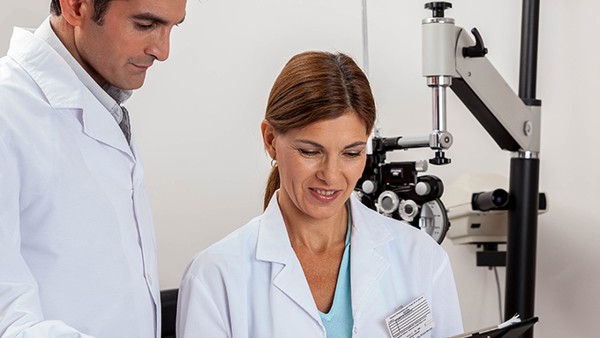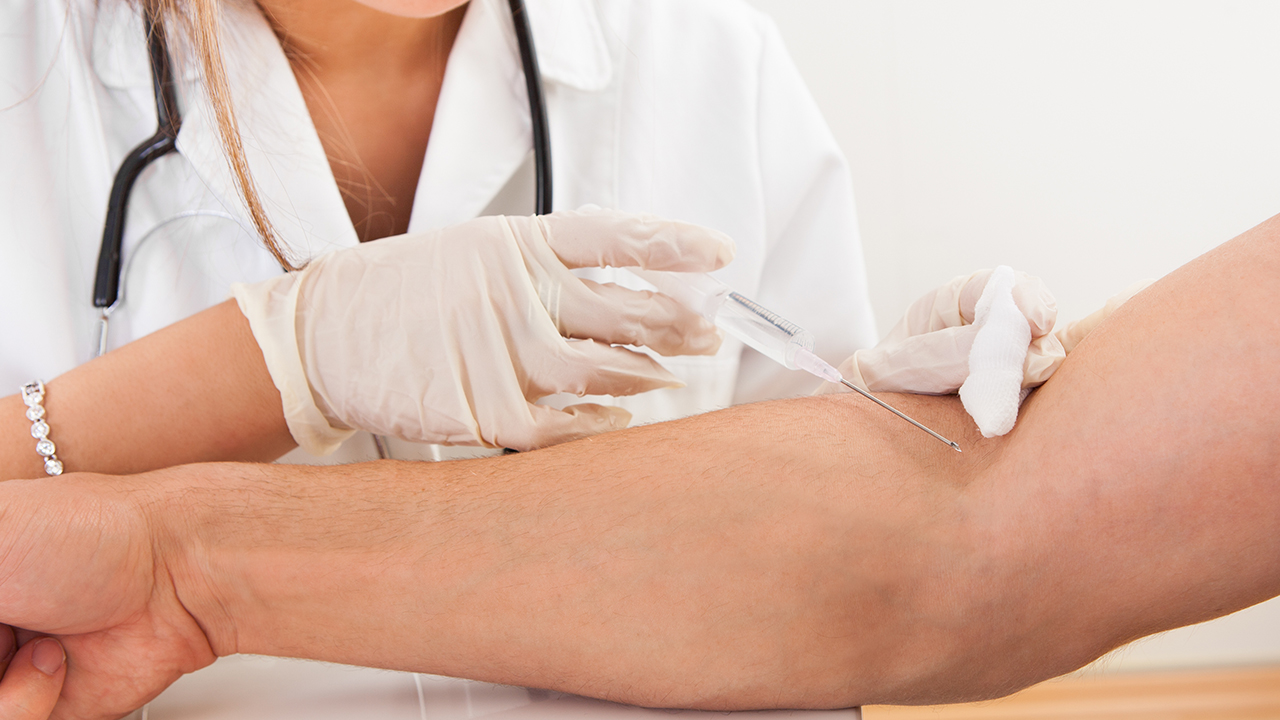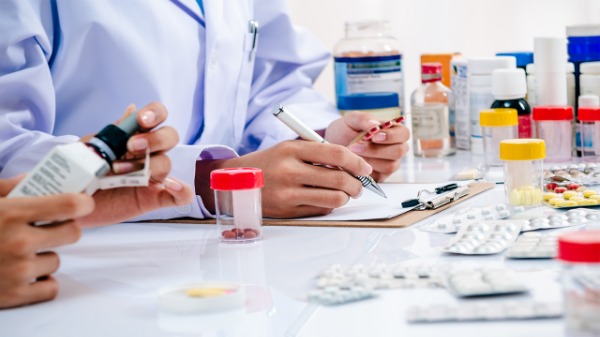Which Diseases Are Sexually Transmitted and Easily Spread?

Sexually transmitted infections (STIs), also known as sexually transmitted diseases (STDs), are infections that are passed from one person to another through sexual contact. STIs can be caused by bacteria, viruses, or parasites.
Some STIs are more easily spread than others. The following are some of the most easily spread STIs:
Chlamydia is a bacterial infection that is spread through vaginal, ***, or oral sex. It is the most commonly reported STI in the United States. Chlamydia can cause symptoms such as discharge from the penis or vagina, pain during urination, and pain in the lower abdomen.
Gonorrhea is a bacterial infection that is spread through vaginal, ***, or oral sex. It can cause symptoms such as discharge from the penis or vagina, pain during urination, and pain in the lower abdomen. Gonorrhea can also spread to the rectum and cause symptoms such as *** discharge, pain, and itching.
Syphilis is a bacterial infection that is spread through vaginal, ***, or oral sex. It can cause symptoms such as a sore on the penis, vagina, or rectum, a rash, and fever. Syphilis can also spread to the brain and other organs if it is not treated.
Herpes simplex virus (HSV) is a viral infection that is spread through vaginal, ***, or oral sex. It can cause symptoms such as blisters or sores on the penis, vagina, or rectum, and pain during urination. HSV can also spread to the eyes and cause symptoms such as redness, swelling, and pain.
Human papillomavirus (HPV) is a viral infection that is spread through vaginal, ***, or oral sex. It can cause symptoms such as warts on the penis, vagina, or rectum. HPV can also spread to the cervix and cause cervical cancer.
These are just a few of the many STIs that can be spread through sexual contact. It is important to be aware of the symptoms of STIs and to get tested if you think you may have been exposed to an STI.
How to Prevent the Spread of STIs
There are a number of things you can do to prevent the spread of STIs, including:
Get vaccinated. There are vaccines available to prevent some STIs, such as HPV and hepatitis B.
Use condoms. Condoms are a barrier method of contraception that can help to prevent the spread of STIs.
Limit your number of sexual partners. The more sexual partners you have, the greater your risk of exposure to an STI.
Get tested regularly. If you are sexually active, it is important to get tested for STIs regularly. This will help to ensure that you are diagnosed and treated early on, if you do contract an STI.
Treatment for STIs
Most STIs can be treated with antibiotics or antiviral medications. It is important to get treatment for an STI as soon as possible to prevent serious health problems.
If you have any of the symptoms of an STI, it is important to see a doctor right away. Early diagnosis and treatment can help to prevent serious health problems.
Additional Information
For more information on STIs, please visit the following websites:
Centers for Disease Control and Prevention (CDC): https://www.cdc.gov/std/
Planned Parenthood: https://www.plannedparenthood.org/learn/health-and-wellness/stds-stis
American Sexual Health Association: https://www.ashasexualhealth.org/
The above is all the content that the editor wants to share with you. I sincerely hope that these contents can bring some help to your life and health, and I also wish that your life will be happier and happier.
Tags: #are #sexually #which














